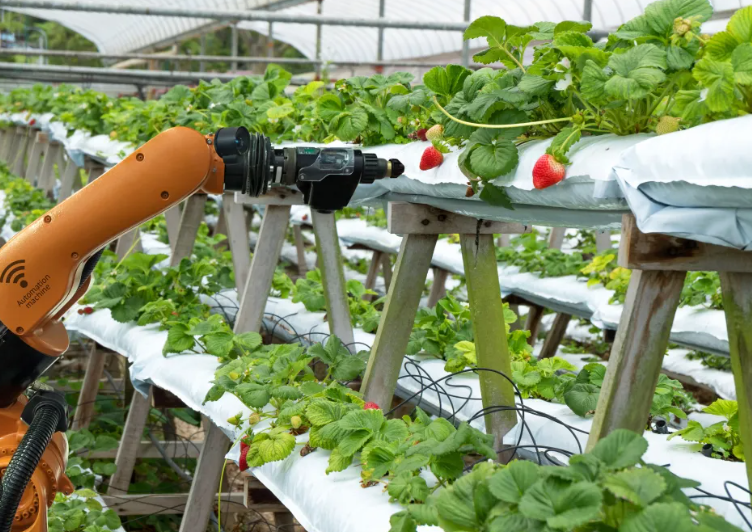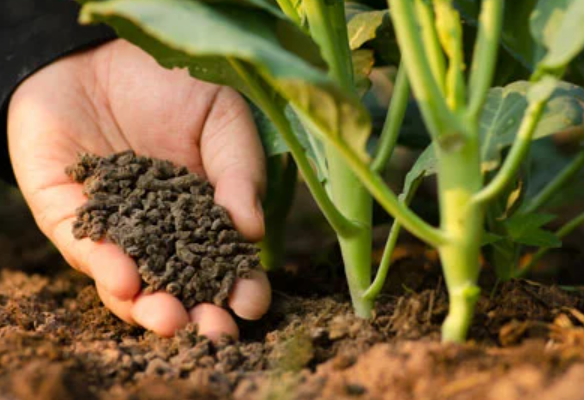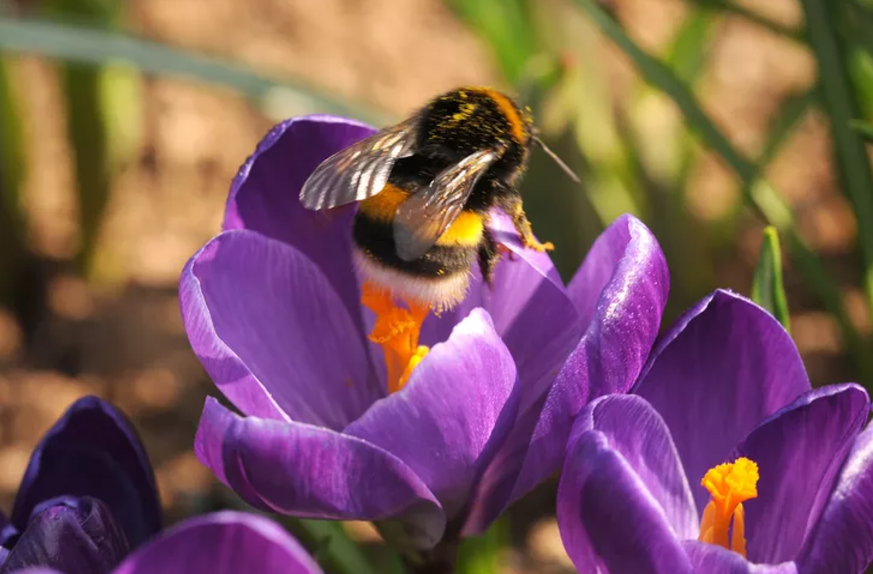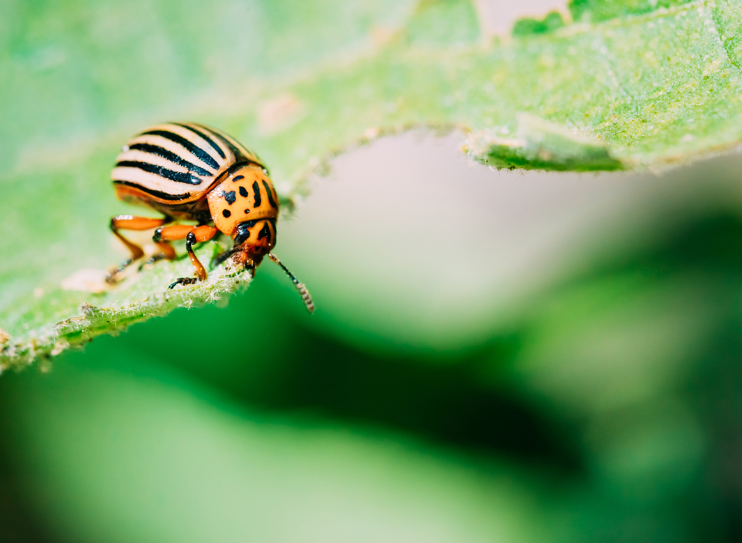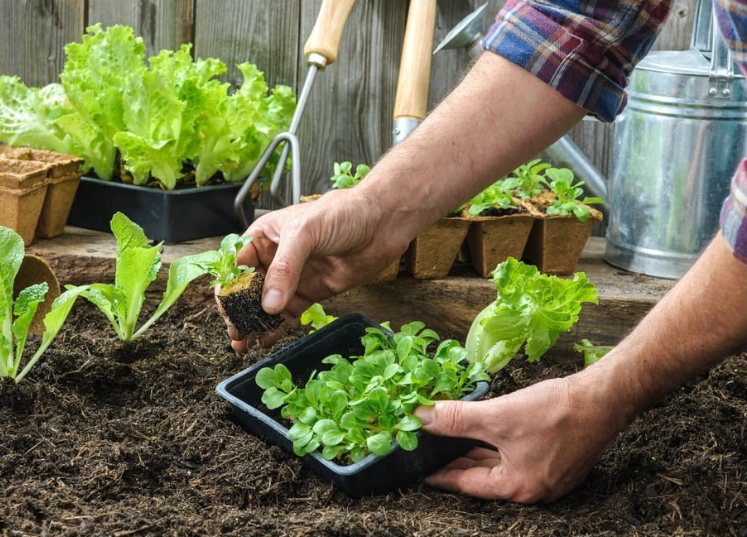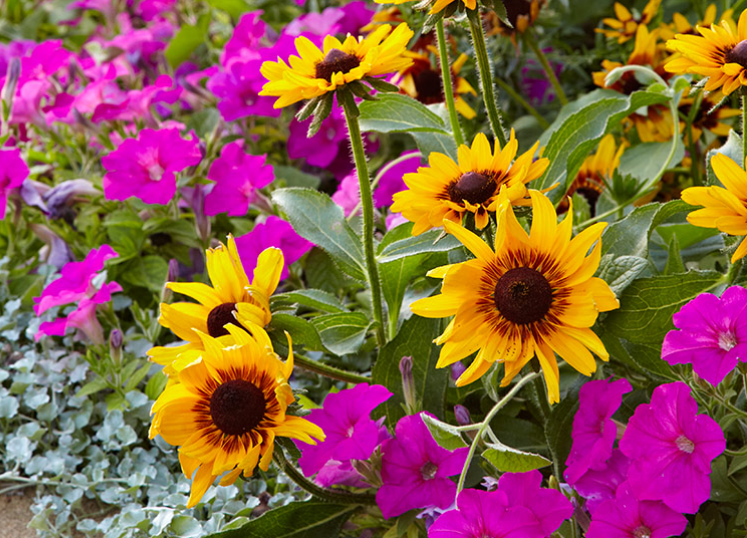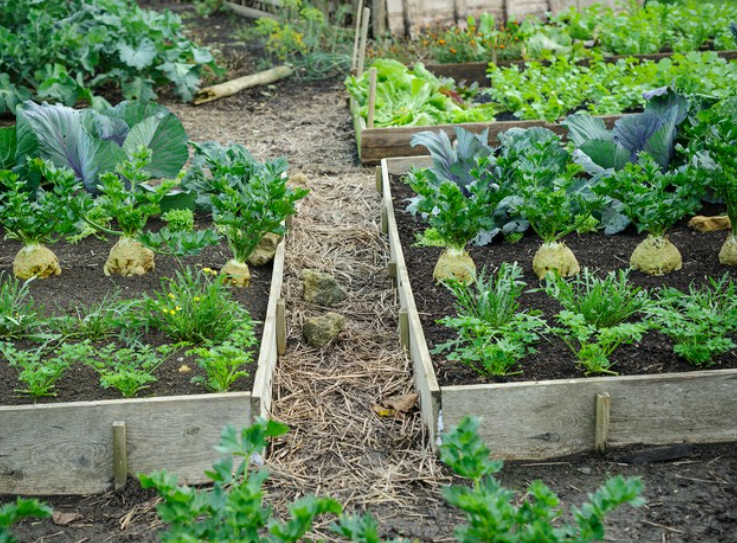As the world grapples with climate change, resource scarcity, and environmental degradation, the need for sustainable practices in gardening is more urgent than ever. The future of sustainable gardening is shaped by innovation and technology, offering gardeners new tools and techniques to minimize waste, conserve resources, and foster biodiversity. Here are some emerging trends and technologies that are paving the way for a more sustainable gardening future.
Vertical Gardening and Urban Farming
With urbanization on the rise and limited space for traditional gardens, vertical gardening and urban farming are becoming key solutions for sustainable food production. Vertical gardens use walls, trellises, and stacked systems to grow plants upward rather than outward, maximizing space and reducing the need for large plots of land. Hydroponic and aeroponic systems—soil-free growing methods—are gaining popularity in urban environments, allowing for efficient water use and faster plant growth, all within smaller spaces. These systems are ideal for growing herbs, greens, and even fruit in city apartments and rooftops.
Smart Gardening Technology
The integration of smart technology in gardening is revolutionizing how gardeners manage their plants. Smart irrigation systems, for example, use weather data, soil moisture sensors, and automated timers to deliver the precise amount of water needed, reducing water waste. Apps and devices now allow gardeners to monitor plant health, track growth patterns, and even identify pests using AI-powered image recognition. These innovations help gardeners optimize their practices, reduce resource consumption, and make more informed decisions.
Regenerative Agriculture Practices
Regenerative agriculture, which focuses on building soil health, improving biodiversity, and capturing carbon from the atmosphere, is increasingly being applied to gardening. Techniques like no-till farming, agroforestry (planting trees alongside crops), and the use of cover crops to prevent soil erosion are gaining traction. These methods not only enhance soil fertility but also help restore ecosystems and sequester carbon, making them critical for both local gardens and large-scale agricultural systems.
Aquaponics and Permaculture
Aquaponics is an integrated system that combines aquaculture (fish farming) with hydroponics (soil-less plant cultivation), creating a closed-loop system where fish waste provides nutrients for plants, and plants filter and purify the water for the fish. This symbiotic relationship allows gardeners to grow vegetables, herbs, and fish with minimal water usage and waste. Similarly, permaculture—designing ecosystems that mimic natural processes—is gaining popularity for its holistic approach to gardening. It emphasizes diversity, closed-loop systems, and the use of perennial plants to reduce the need for annual planting.
Regenerative Landscaping and Native Plantings
As awareness grows about the importance of local ecosystems, regenerative landscaping and the use of native plants are becoming key trends in sustainable gardening. Native plants are better suited to local climates and require less water, fertilizer, and pesticide. They also provide essential habitat for local wildlife, including pollinators like bees and butterflies. Regenerative landscaping goes beyond just planting native species; it involves creating a more resilient landscape by restoring soil health, encouraging biodiversity, and capturing rainwater through techniques like rain gardens and permeable paving.
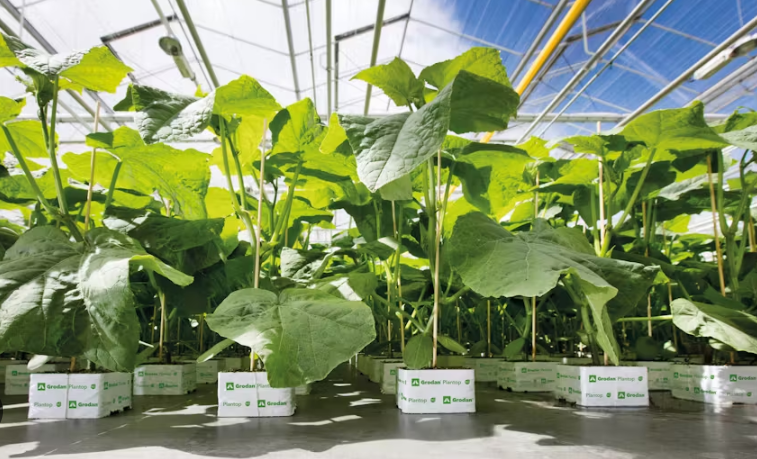
Sustainable Materials and Practices
The use of sustainable materials in garden construction is also on the rise. Recycled, repurposed, and locally sourced materials are being used to build garden structures such as raised beds, fences, and paths. Instead of relying on pressure-treated wood, gardeners are opting for naturally resistant materials like cedar, bamboo, and recycled plastic. Moreover, eco-friendly practices like mulching, crop rotation, and reduced chemical use are becoming standard methods for maintaining healthy, productive gardens.
